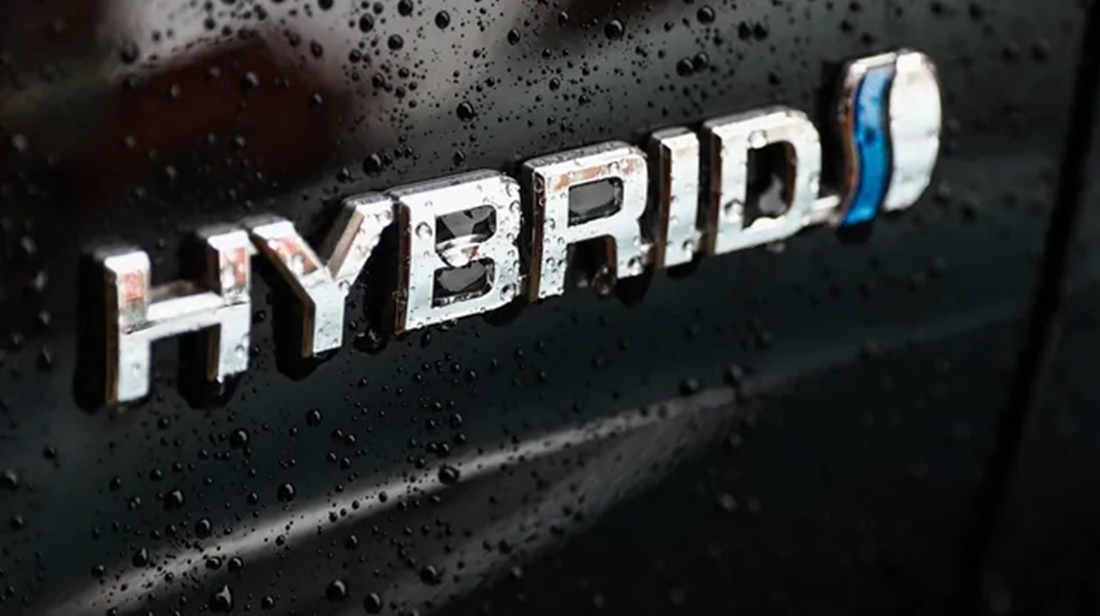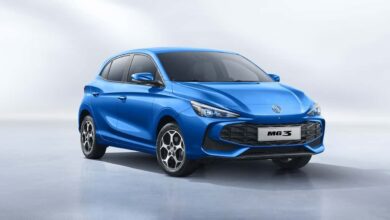Hybrid cars promise more economy and cleanliness. But are the higher acquisition costs worth it? The advantages and disadvantages as well as the different types of hybrid drives at a glance.
What is a hybrid car?
A hybrid car combines two different propulsion and energy storage systems: a gasoline or diesel engine and an electric motor, as well as a fuel tank and one or more batteries.
The different variants of hybrid vehicles
There are three common types of hybrid drives:
Mild hybrid drive: Here the electric motor only supports the combustion engine – for example when starting off, overtaking or accelerating. Purely electric driving is not possible.
Full hybrid drive: A full hybrid works similarly to a mild hybrid vehicle, but the battery is larger so that the vehicle can also drive short distances purely electrically.
Plug-in hybrid drive: Plug-in hybrids are a further development of the full hybrid. They have a larger high-voltage battery that allows the vehicle to travel longer distances purely on electricity.
Advantages of hybrid cars
The advantages of hybrid cars include that they consume less fuel than conventional cars (savings of 15 to 25 percent possible) and emit fewer pollutants. They accelerate faster than pure diesel or gasoline vehicles and have less wear and tear. They are also very quiet when driving.
Disadvantages of hybrid cars
However, the disadvantages are the higher purchase costs compared to vehicles with combustion engines, the higher vehicle weight due to the two engines (which makes hybrids less economical than actually possible), the smaller storage space due to the many units and the limited service life of the battery. However, it lasts an average of 125,000 to 160,000 km, which is usually well over ten years. With good maintenance, their lifespan can also be longer.
Consumption of a car with a hybrid drive
The fuel consumption of a hybrid vehicle depends largely on how you use the vehicle. In city traffic, consumption can be reduced to zero because the energy from the electric motor is sufficient to drive the vehicle over short distances. However, consumption is higher on long journeys because the combustion engine kicks in.

 Massive drop in profits at Volkswagen
Massive drop in profits at Volkswagen What the tariff dispute with China means for car buyers
What the tariff dispute with China means for car buyers Apple fails with “Project Titan”
Apple fails with “Project Titan” MG3 at the Geneva Motor Show
MG3 at the Geneva Motor Show